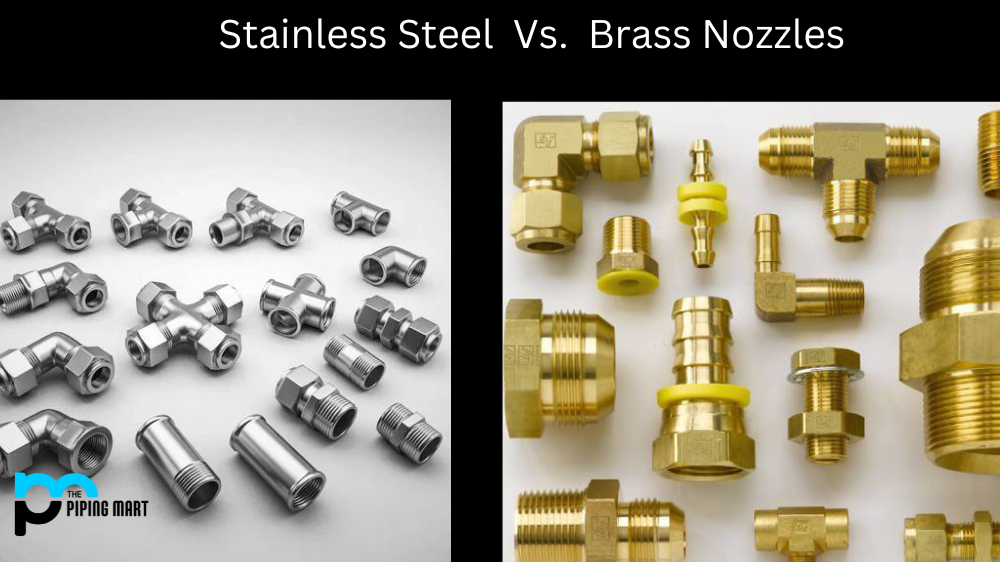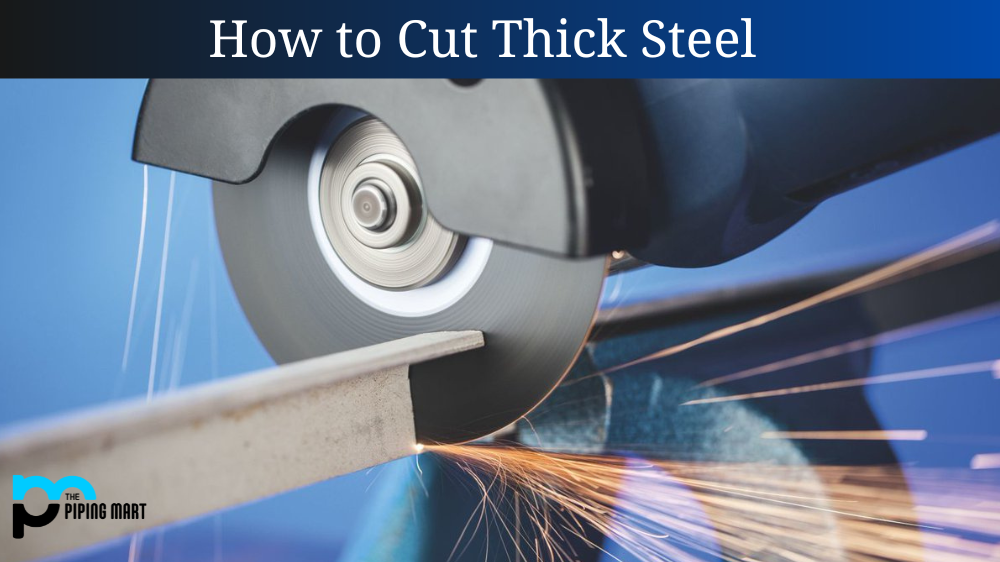If you’re looking for a nozzle for your sprayer, you may have noticed that there are two main options: stainless steel and brass. But which one should you choose? This blog post will explain the differences between the two materials and their respective benefits.
Stainless Steel Nozzles
Stainless steel nozzles are made from a metal alloy containing chromium and nickel. They are strong, durable, and resistant to corrosion and rusting. Furthermore, they can withstand high temperatures without becoming damaged or deforming. In addition to being ideal for outdoor use in harsh environments, stainless steel nozzles are also relatively light in weight.
In terms of cost-effectiveness, stainless steel nozzles are more expensive than their brass counterparts due to the higher quality material used. However, they typically last longer and require less maintenance in the long run.
Brass Nozzles
Brass nozzles are made from copper and zinc alloys and tend to be more affordable than stainless steel nozzles due to their lower cost material. They offer excellent durability and corrosion resistance—especially when combined with a protective coating such as nickel plating—but they cannot withstand high temperatures like stainless steel nozzles. As such, they are not recommended for outdoor use in extreme climates or environments where temperature fluctuations occur frequently.
In addition to being more cost-effective upfront, brass nozzles are also lighter in weight than their stainless steel counterparts; however, they require more frequent maintenance due to their tendency to rust over time if not adequately cared for or cleaned regularly.
Stainless Steel vs. Brass Nozzles
When deciding between a brass and stainless steel nozzle, there are many things to consider. Brass nozzles are typically quieter than stainless steel and offer superior corrosion resistance in harsh environments; however, they can be subject to wear more quickly. On the other hand, stainless steel nozzles are far more durable and have higher heat ratings than brass while providing an economical option. The choice between the two materials comes down to whether durability or low cost is the primary deciding factor for a project. Knowing the trade-offs of each material can help ensure the right decision is made when selecting the material for any projects that require nozzle technology.
Different Metals
The two most common metals used for nozzles are stainless steel and brass. Each metal has unique properties that make it better suited for specific applications.
Stainless Steel Nozzles
Stainless steel nozzles are more corrosion-resistant than brass nozzles, making them ideal for use in harsh environments. Stainless steel nozzles are more durable than brass and can withstand higher temperatures. However, stainless steel nozzles are more expensive than brass nozzles.
Brass Nozzles
Brass nozzles are less expensive than stainless steel and are more accessible to machines. Brass is softer than stainless steel, making it easier to form intricate shapes. However, brass is less corrosion-resistant than stainless steel and is unsuitable for high-temperature applications.
Which is Better?
There is no clear answer as to which type of nozzle is better. The decision of which type of nozzle to use depends on the specific application and the project requirements.
Considerations
When choosing between stainless steel and brass nozzles, a few factors should be considered, such as cost, durability, resistance to corrosion, and temperature tolerance.
Applications
Some typical stainless steel nozzles applications include food, pharmaceutical, and chemical processing. Common applications for brass nozzles include plumbing fixtures, automotive parts, and electrical components.
Conclusion:
When choosing a nozzle for your sprayer system, both stainless steel and brass have advantages worth considering. Stainless steel offers superior heat resistance, while brass is more lightweight and cost-effective upfront. Ultimately, it depends on the environment you plan on using them in and how often you will need to clean or maintain them over time. Both materials can provide excellent performance if used correctly, so it’s important to weigh all factors before making your decision!

Abhishek is a seasoned blogger and industry expert, sharing his insights and knowledge on various topics. With his research, Abhishek offers valuable insights and tips for professionals and enthusiasts. Follow him for expert advice on the latest trends and developments in the metal industry.




